10th EAI International Conference on Smart Grid and Internet of Things
Deadlines
Submission deadline
12th May, 2026
Notification deadline
12th July, 2026
Camera-ready deadline
21st August, 2026
Hear from the participants
Review Text
Testimonial #2 DesignationReview Text
Testimonial #3 Designation10th EAI International Conference on Smart Grid and Internet of Things
Why Attend?
The PervasiveHealth conference this year will focus on telemedicine, new technologies designed and developed to face the challenges of covid-19, and the way healthcare systems should be re-designed in collaboration between industry, academia and decision-makers to create advanced care systems.

- Accepted Papers from 15+ Countries
- Workshop- IOT in Health Research
- Exciting Social Program
- Insightful Posters Session
Social, Workshop & Posters Session

Social Program- Explore Knossos
Knossos Tour: Knossos is a Bronze Age archaeological site in Crete. The site was a major center of the Minoan civilization and is known for its association with the Greek myth of Theseus and the minotaur. It is located on the outskirts of Heraklion, and remains a popular tourist destination.
3rd IOT-HR: WORKSHOP ON INTERNET OF THINGS IN HEALTH RESEARC
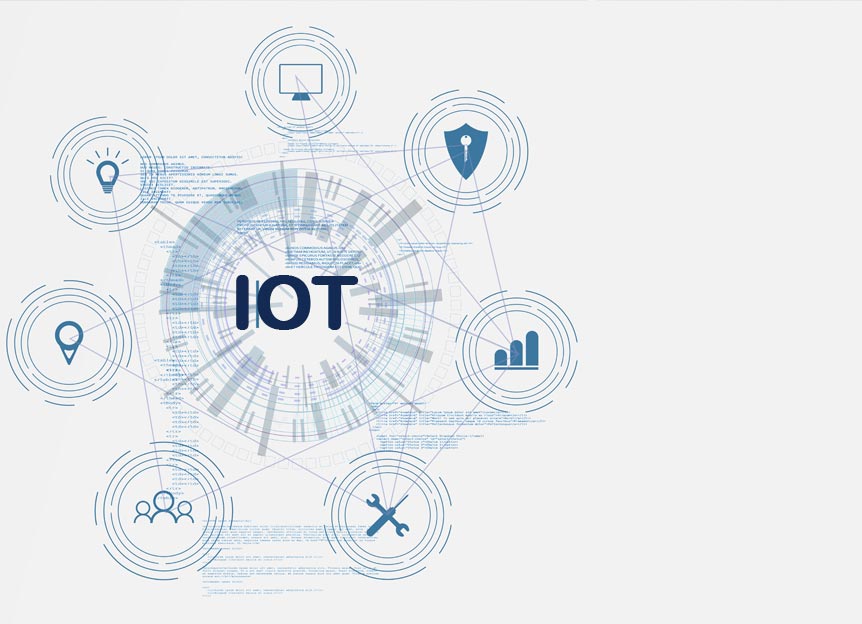
IOT in Health Research
The workshop focuses on the challenges and opportunities presented by the continuous data acquisition from Internet of Things (IoT) devices, such as smartwatches, fitness trackers, mobile phones, and smart home appliances.
EAI SGIoT 2026
- November 21-22, 2026
- Windsor Hotel, Taichung, Taiwan
The Internet of Things is the concept of millions of interconnected intelligent devices that communicate with others. The smart grid is an application of the Internet of Things. It is composed of embedded machines, which sense and control the behavior of the energy world. Driven by countries to promote the upgrading of power grid infrastructure, the global smart grid market has continued to grow steadily, and the IoT-driven smart grid has become a hot area of research. Therefore, it is the perfect time to invest in a research initiative, e.g., through our event, in the IoT-dominated smart grid area.
The theme invites ideas on how to achieve more efficient use of resources based on the IoT-based machine-to-machine, interactions of millions of smart meters and sensors in the smart grid specific communication networks such as home area networks, building area networks, and neighborhood area networks. The smart grid also encompasses IoT technologies, which monitor transmission lines, manage substations, integrate renewable energy generation (e.g., solar or wind), and utilize hybrid vehicle batteries. Through these technologies, the authorities can smartly identify outage problems, and intelligently schedule the power generation and delivery to the customers. Furthermore, the smart grid should teach us a valuable lesson that security must be designed in from the start of any IoT deployment. Since there is an alarming lack of standards to address the protection of the secret keys and/or the life-cycle security of the embedded smart grid devices, intruders could use conventional attack techniques to breach the security just as in any other IoT deployment.
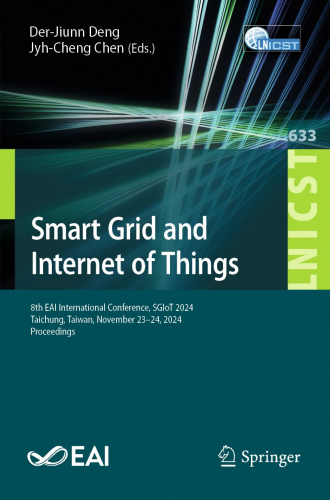
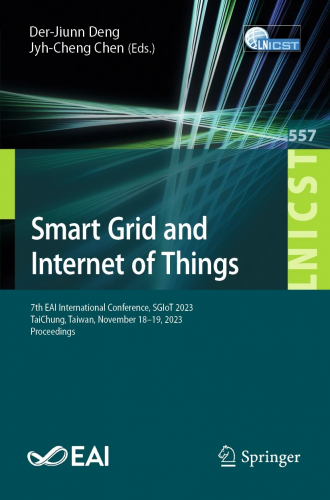
SGIoT conference proceedings received
Conference proceedings
All registered and presented papers will be submitted for publication in the Springer LNICST series and made available through the SpringerLink Digital Library: SGIoT proceedings. This series is indexed in leading indexing services, such as Web of Science, Compendex, Scopus, DBLP, EU Digital Library, Inspec, SCImago and Zentralblatt MATH.
Available Journals
Authors of selected papers will be invited to submit an extended version to:
Authors have the opportunity to publish their articles in the EAI Endorsed Transactions journal selected by the conference (Scopus, Ei-indexed, ESCI-WoS, Compendex) by paying an additional $250, discounted from the standard $400 rate for conference authors.
- EAI Endorsed Transactions on Internet of Things (Scopus)
- EAI Endorsed Transactions on Energy Web (Scopus, Compendex)
The article’s publication is subject to the following requirements:
- It must be an extended version of the conference paper with a different title and abstract. In general, 30% of new content must be added.
- The article will be processed once the conference proceedings have been published.
- The article will be processed using the fast-track option.
Once the conference proceedings are published, the corresponding author should contact us at [email protected] with the details of their article to begin processing.
Additional publication opportunities
- EAI Transactions series (Open Access)
- EAI/Springer Innovations in Communications and Computing Book Series
(titles in this series are indexed in Ei Compendex, Web of Science & Scopus)
EAI is an open community dedicated to creating an environment where every member receives the same opportunities and benefits to develop and grow their research mission and career. As the largest free professional research society in the world, EAI offers a complete range of conference proceedings publication opportunities. Based on the qualification of the conference and the conference scope, EAI provides the possibility to publish the proceedings for every sponsored conference. Consistent with its mission to support developing communities, all EAI sponsored conferences appear in EUDL, the European Union Digital Library (EUDL). EUDL is Open Access and free for EAI members, reaching a community of 250,000 subscribers and providing the visibility that allows the conference organisers to develop the conference into a fully fledged indexed proceedings publication in subsequent years.
SGIoT 2026 Venue
Windsor Hotel
No.610
Sec. 4
Taiwan Blvd.
Xitun Dist.
Taichung City 407
Taiwan (R.O.C.)
EAI SGIoT 2026
Conference Manager
[email protected]
Help
For inquiries regarding Registration and Camera-ready submission, please refer to this FAQ.
SGIoT 2026 Deadlines
Notification deadline
- 12 July 2026
Camera-ready deadline
- 21 August 2026
Notification deadline
- 1st August 2024
Camera-ready deadline
- 20th August 2024
Notification deadline
- 1st August 2024
Camera-ready deadline
- 20th August 2024
EAI Pervasive Health 2025 will take place
From 15-17 October 2025 in Eindhoven, the Netherlands.
“PervasiveHealth 2025 will be held in October 2025, in Eindhoven, the Netherlands, hosted by the Department of Industrial Design, Eindhoven University of Technology (TU/e).
PervasiveHealth is a premier international forum with a specific focus on technologies and human factors related to the use of ubiquitous computing in healthcare and for well-being. PervasiveHealth 2025 will focus on the use of data, AI, and connectivity as creative material for empowering patients, caregivers, and people in general, by integrating technology, materiality, and aesthetic qualities, with particular interest in the impact of technical connectivity on social connectedness and on the behavior changes and societal transformations in healthcare, especially in informal care.
TU/e is the center of one of the most powerful technology hubs in the world: Brainport Eindhoven. Globally, TU/e stands out when it comes to collaborating with advanced industries, including companies such as ASML and Philips. Together with other institutions, It forms a thriving ecosystem with one common aim – to improve quality of life through sustainable innovations.
The conference will be located at Evoluon – a landmark, a museum, and a conference center. The conference will be followed by the Dutch Design Week, an event about Dutch and international design, with exhibitions, studio visits, workshops, and seminars across the city.”

Prof. Jun Hu
Department of Industrial Design, Eindhoven University of Technology (TU/e)



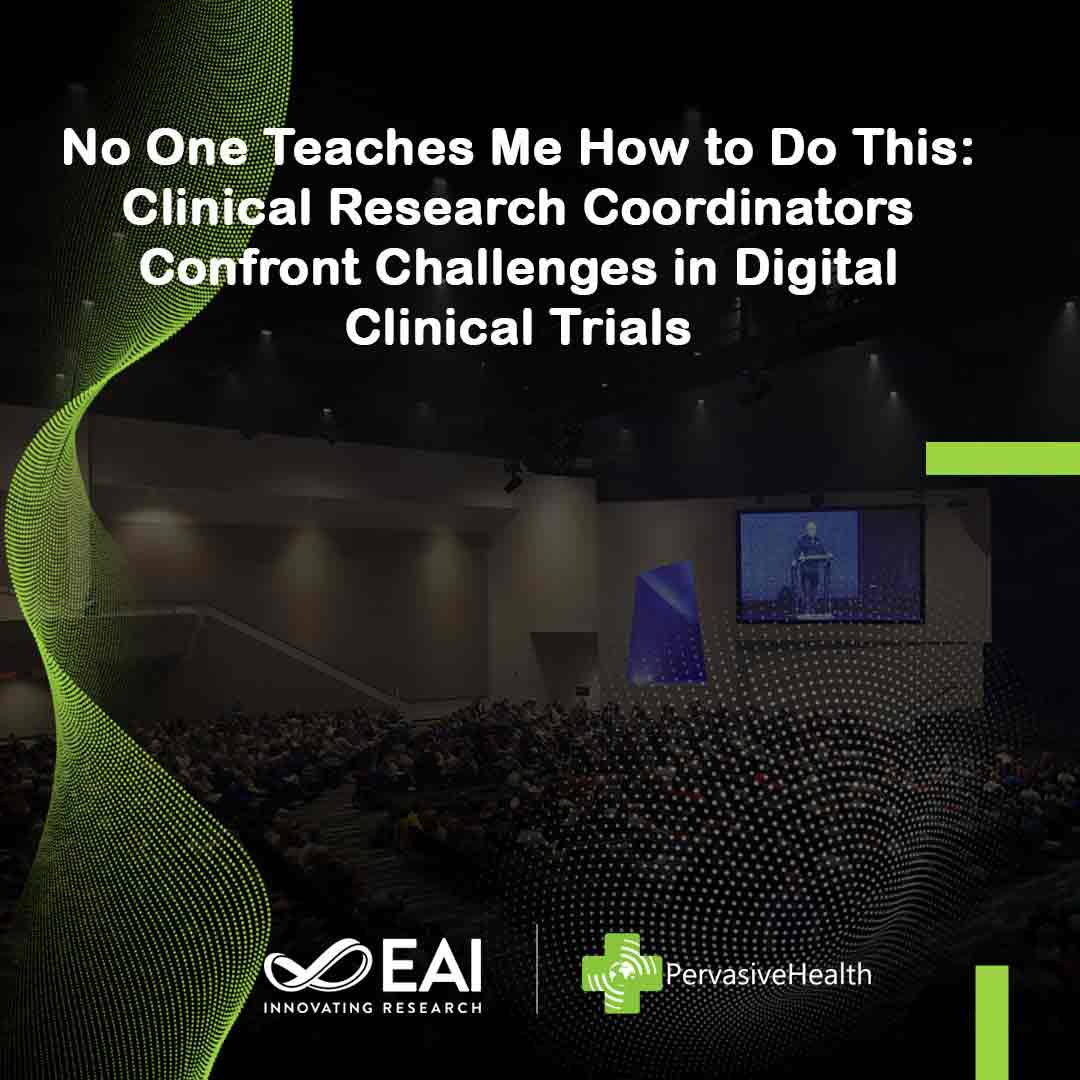
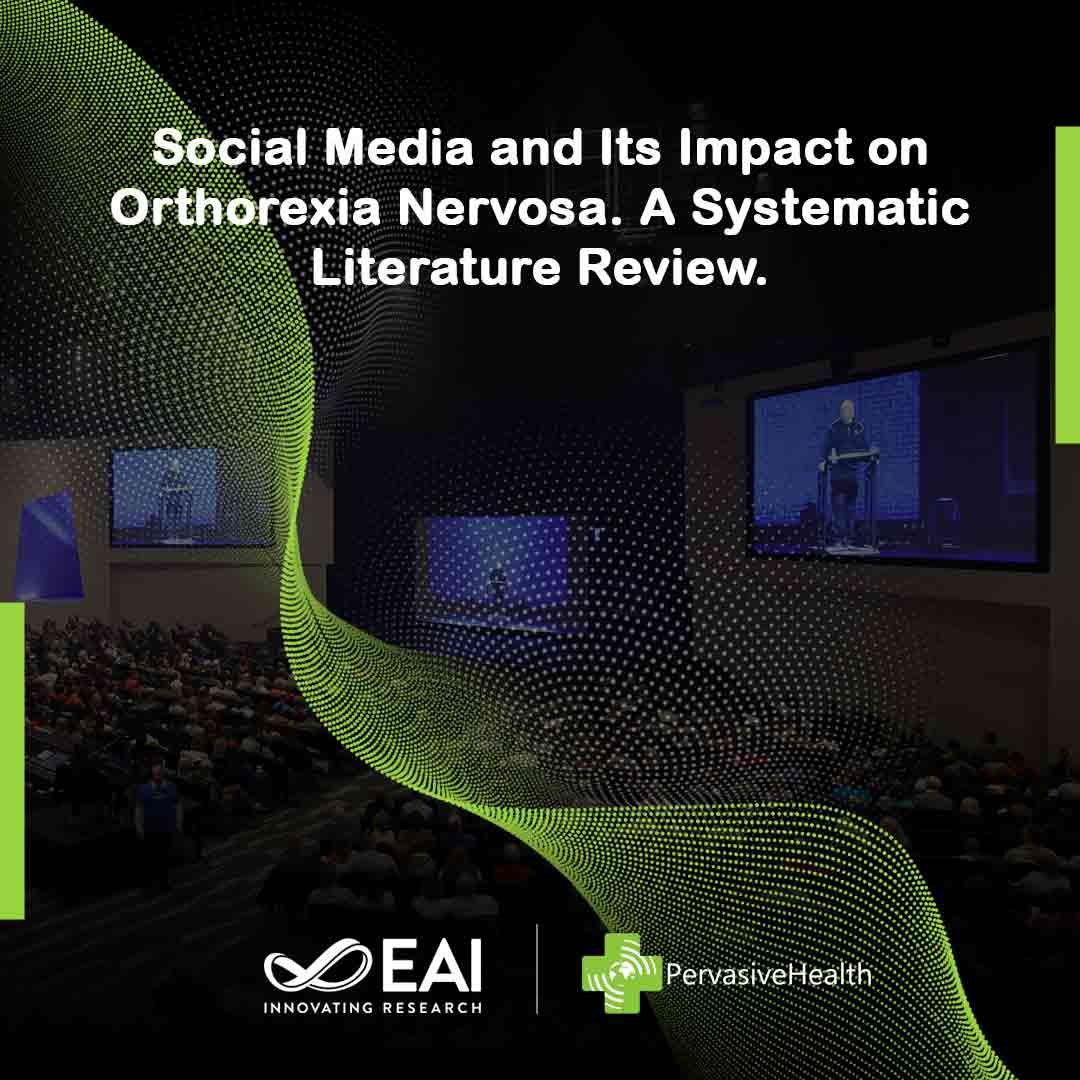




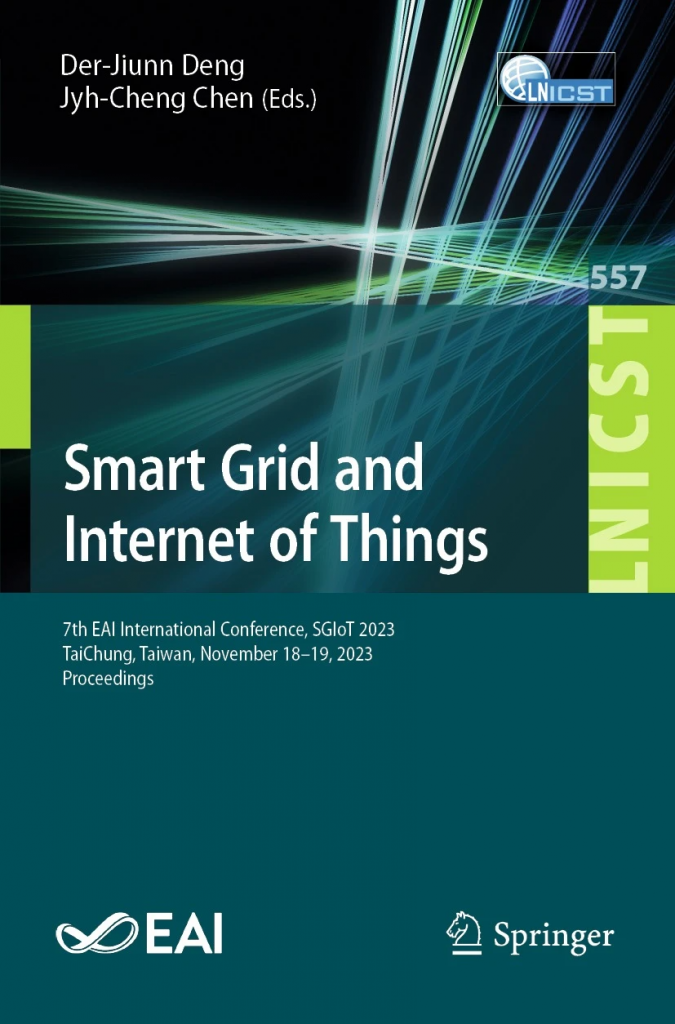
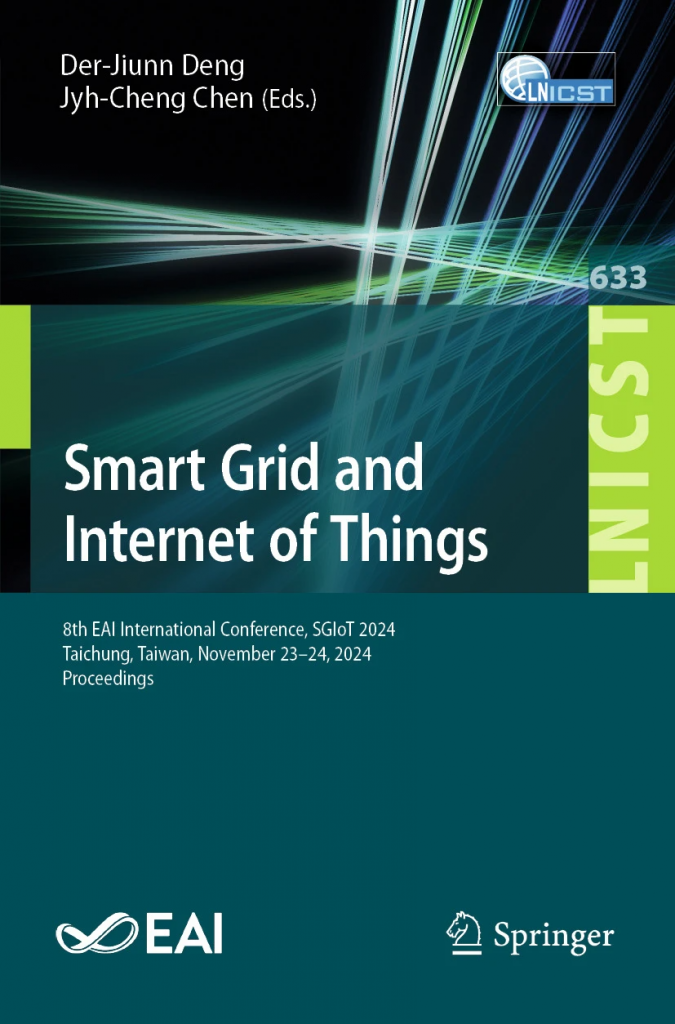





Feedback Example: Very well organised, quick responses, nice personal attitude. I think the hybrid version is a very good opportunity, too
Authors/ OCs/ TPCs Affiliation/ Conference role